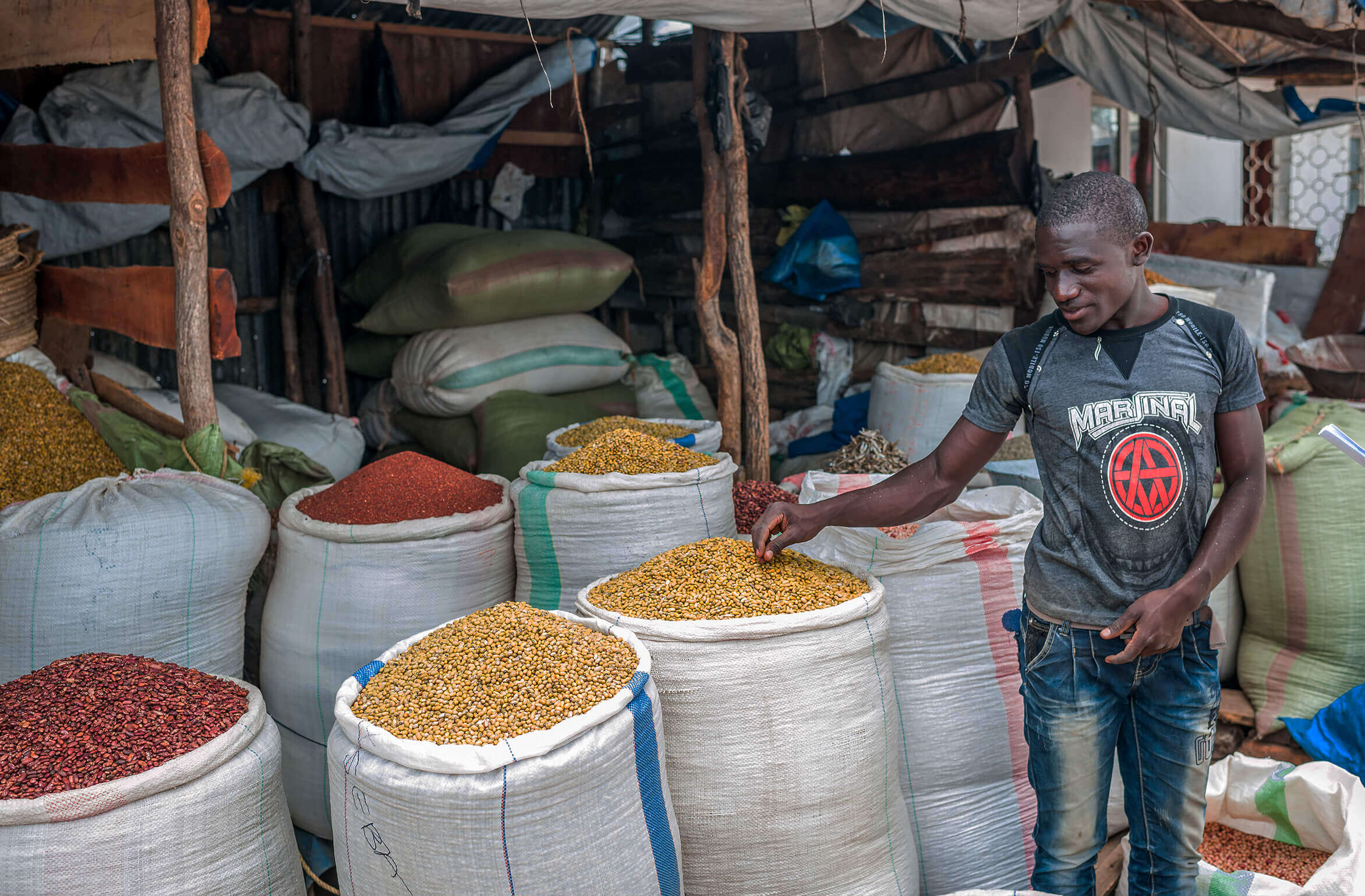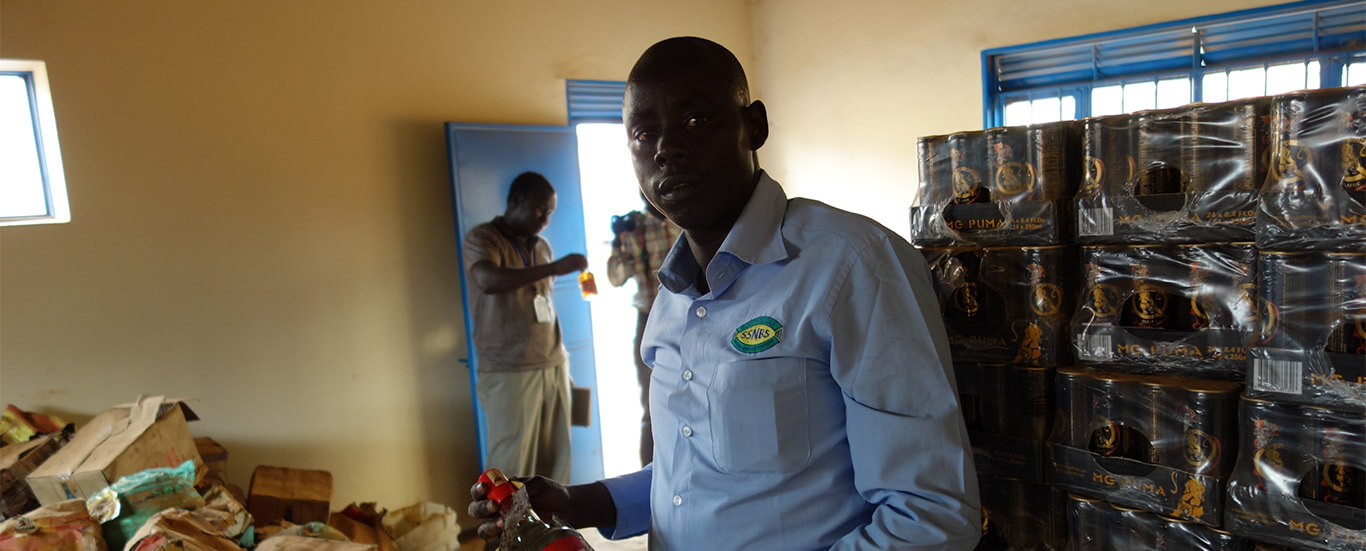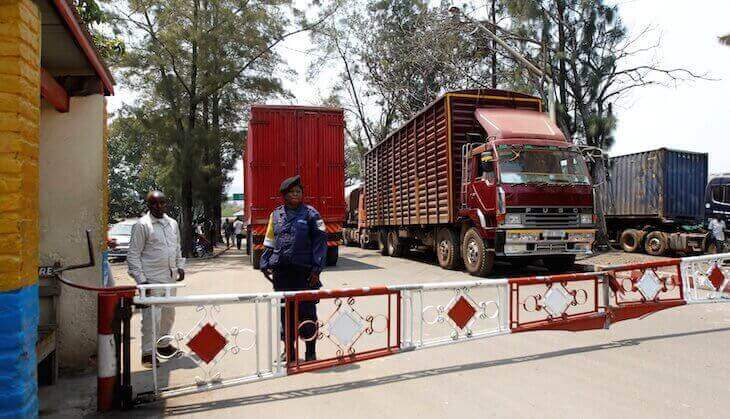[vc_row][vc_column][custom_inner_menus select_menu="project"][/vc_column][/vc_row][vc_row][vc_column][single_project_block_1 heading="Implementation Of WTO Trade Agreements" implementor="TMA, jointly with the EAC Secretariat, UNCTAD and WCO" target_group="Ministries of Trade in EAC partner States, Transporters, Importers, Exporters, Clearing and Forwarding Agents." project_value="US, 000" implementation_period="Jul 1, 2018 to June 30, 2023 Updated February 2020" download_btn_text="Download Project PDF" download_btn_link="#url"]TradeMark Africa (TMA) and UNCTAD signed a Cooperation Agreement in 2015 and implemented during a Phase I from early 2016 to end of 2018 with three components: (I) Trade Facilitation; (II) Trade Portals and (III) Trade and Gender. As a result three of the five EAC Partner States have ratified the TFA, five of the EAC PS have established National Trade Facilitation Committees (NTFCs), four of the five have established national trade information portals, a regional trade facilitation index tool was developed and launched in December 2018 and most importantly, EAC PS signed a declaration of their renewed commitment to implementing Trade Facilitation (TF) measures. Whilst good progress has been made, much more needs to be done. The NTFCs need additional capacity to effectively champion the TF agenda in the region; trade portals need to be optimised with additional modules such as tariff and Non-Tariff Measures(NTMs); Enquiry points are fragmented and not integrated with trade portals for maximum benefits; the current Trade portals show “as is” procedures which are duplicative or cumbersome and need to be simplified and TF measures uptake by corridor authorities need to be enhanced. What: The objective of phase II will be to build on the results achieved during the first...
Implementation Of WTO Trade Agreements
Posted on: February 26, 2020
Posted on: February 26, 2020





















